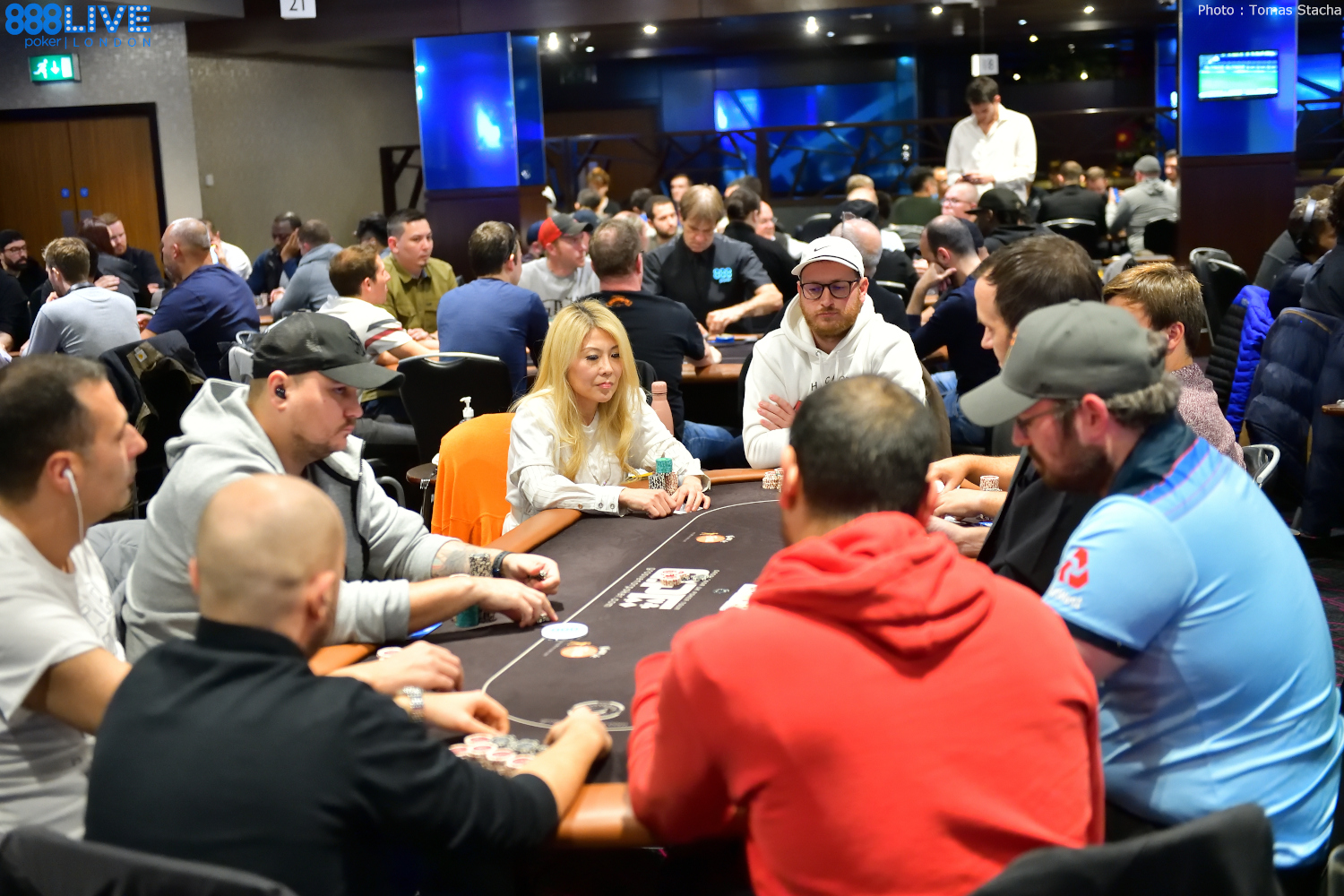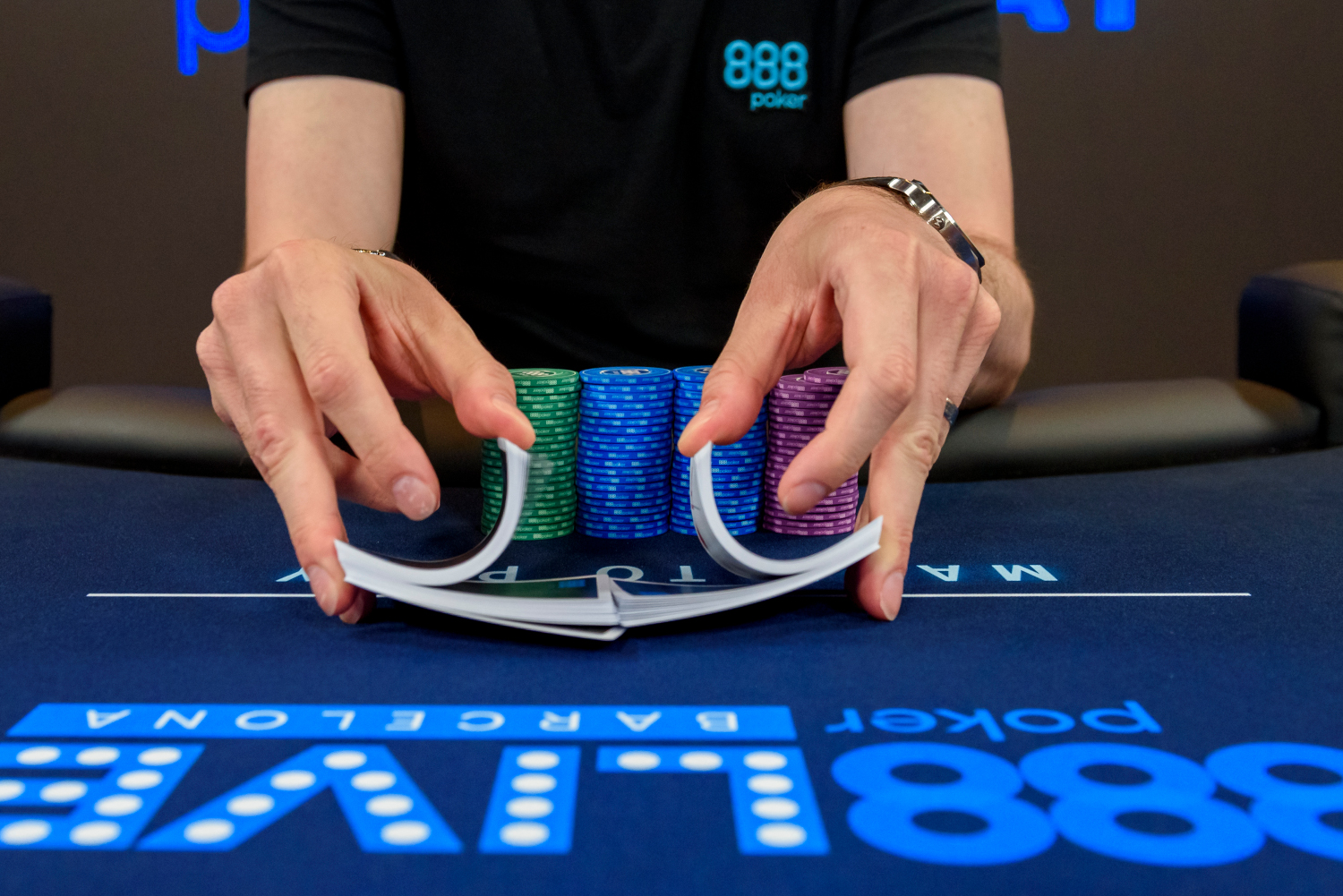If we were asked to think of the ideal VIP rewards system for a poker room, we might imagine that the more lucrative the rewards, the better.
The truth is more complex than that.
Many poker rooms have experimented with lucrative rewards systems, hoping to offset their losses with increased traffic.
While this approach may initially boost traffic, the result is often a significant deterioration in the quality of the games.
In the long run, the traffic runs the risk of completely drying up. Similar to how exotic games like Caribbean stud poker have dried up.
So, what exactly is going wrong?
Understanding the Poker Ecosystem: Balancing Sharks and Recreational Players
We might be familiar with the concept of an ecosystem in nature. It’s a community of organisms living together in balance.
The introduction of a new predator into that ecosystem can throw off the balance of the entire system. The new predator may consume all the prey in the ecosystem to the point where even the predator dies out.
We learn that introducing a single imbalance can destroy an entire ecosystem.

Poker is no different; a poker site is an ecosystem. There are predators (the sharks) and prey (the recreational players).
A poker ecosystem must have enough recreational players; otherwise, the entire ecosystem can collapse.
How Imbalanced Rewards Impact the Poker Ecosystem
High-volume winning poker regs take notice when a poker room boosts its rewards system (or alternatively reduces its rake).
They migrate to the room with the boosted rewards system. The initial result is a spike in traffic for the poker room as new sharks arrive.
Now, with the introduction of stronger regs into the pool, ‘average’ regs (poker term for “regulars”) turn into losing players. They eventually decide to migrate elsewhere.
This effect is cascading where previously winning regs move down the food chain where their profits suffer. They also potentially decide to migrate.
We are now left with recreational players and a selection of very strong regs in the player pool.
What happens next?

The Mentality of Depositors
Recreational players don’t mind being long-run losers. They are here for the thrill of the gamble.
However, they have a couple of key expectations, whether they realise it or not.
- Recreational players want the feeling that they could potentially win, even if it is just for a small sample. It stops being enjoyable if they are simply losing large amounts of chips every session and never winning a poker hand.
- Recreational players expect their deposits to last for a reasonable period before needing to redeposit. If they lose too quickly, they will have second thoughts about redepositing or not having the available funds.
Now, the recreational players left in the ecosystem are competing with elite regs and losing their bankrolls rapidly.
They become disgruntled and eventually stop depositing (or can’t afford to deposit further).

The Risks of a Failing Poker Ecosystem
With the recreational players and most of the regs gone, a dwindling number of strong regs remain, battling it out over the high VIP rewards system.
Unfortunately, there will always be a bottom tier of regs at risk of migrating from the ecosystem.
At this point, the poker ecosystem is exceptionally unhealthy and at risk of collapse.
The key driver of a poker ecosystem is the depositing recreational players.
These need to be maintained if the poker ecosystem is to remain healthy. Poker rooms can’t only focus on champions of world poker tournaments.
Heavily boosting the value of a VIP rewards system increases traffic in the early stages. But ironically, it creates an imbalance in the ecosystem due to the influx of winning regulars.
Lessons Learned from an Unhealthy Poker Ecosystem
Poker operators did not properly understand the importance of a healthy poker ecosystem until more recently. Many operators assumed that the name of the game was to generate traffic.

The more traffic, the more rake, the more profit.
The problem is that focusing exclusively on building traffic (perhaps through VIP rewards and promotions) can damage the ecosystem - ultimately causing a decline in traffic.
Some poker rooms have attempted TO manipulate ecosystem health by banning winning players or punishing affiliates who refer strong players to their network.
This solution might provide a short-term increase in ecosystem health. However, it damages the operator's trustworthiness, which again results in an eventual decline in traffic.
The Debate Around Rake: Is More Really Better for Poker Ecosystems?
The poker community famously mocked a big name in the poker industry for uttering the phrase ‘more rake is better’.
Of course, as poker players, we always prefer to pay less rake than more rake.
As we’ve seen, though, heavily decreasing rake in a poker board game can destroy the ecosystem.
This thinking was likely the sentiment behind the often mocked ‘more rake is better’.
Higher rake limits the number of predators (sharks) entering the ecosystem, maintaining a healthy balance of recreational depositors.

Poker Ecosystem - Relative vs Absolute Rewards
Although ‘more rake is better’ has an element of truth, it doesn’t fully capture the complete picture. It’s the relative difference between operator rake/rewards that generates an ecosystem imbalance, not the absolute rake/rewards.
Sharks migrate to a room because its rewards system is more profitable than its competitors.
If all poker rooms decreased their rake simultaneously, it would not generate any extra imbalances in the ecosystem.
- It’s, therefore, not quite correct to say, ‘more rake is better’ (it’s definitely not for the players).
- It would perhaps be more accurate to say, ‘slightly more rake than competitors could protect the poker ecosystem’.
Then again, that’s a mouthful! Who is going to say that?
In reality, operators who lower their rake first could run into ecosystem issues. Operators must align somewhat with their competitors when selecting rake/reward values.
In an absolute sense, poker players would prefer that all poker rooms charged significantly less rake.


